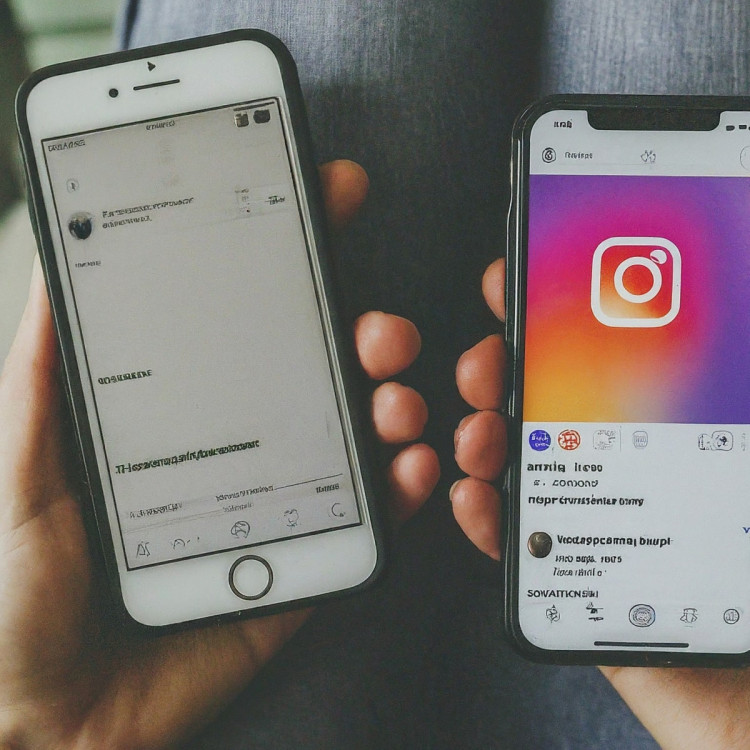Meta Platforms secured a major antitrust victory after a federal court rejected the Federal Trade Commission's effort to force the company to divest Instagram and WhatsApp, marking one of the most consequential tech-regulation setbacks in recent years. The decision, delivered by U.S. District Judge James Boasberg, concluded that Meta does not hold a monopoly in social networking-an assessment shaped in part by the rise of TikTok as a fierce competitor.
The ruling allows Meta to retain Instagram, which analysts say is now central to the company's financial performance in the United States. One expert noted during the case that losing Instagram "would also severely damage its future user and revenue growth prospects. Instagram is now Meta's biggest money maker in the US, its most lucrative market, where the app accounts for 50.5% of the company's ad revenues in 2025." That same analysis highlighted that Instagram "has also been picking up the slack for Facebook on the user front, particularly among young people, for a long time."
The FTC had argued that Meta maintained its dominance by acquiring emerging rivals as part of a "buy or bury" strategy, pointing to its 2012 takeover of Instagram and 2014 acquisition of WhatsApp. Regulators alleged that these deals helped eliminate competition before it could mature. Meta countered that the agency had defined the market too narrowly, insisting that the company competes directly with TikTok, YouTube and Apple's messaging tools.
Judge Boasberg agreed that market conditions had shifted significantly since the FTC filed its lawsuit in 2020. He found that the prior distinction between "social networking" and broader "social media" platforms was no longer economically meaningful. The judge also noted that the FTC had failed to adequately address TikTok's explosive presence and its impact on Meta's market power.
The case underscored Meta's broader argument that its ownership of Instagram and WhatsApp has benefited users. Meta asserted during proceedings that it invested "tens of billions of dollars" to grow infrastructure, strengthen encryption and add new features. WhatsApp's voice and video calling and Instagram developments such as Stories and shopping integrations were cited as products of those investments.
Under the ruling, Meta avoids a forced divestiture that would have restructured its business and potentially weakened its advertising revenue engine. The company also retains WhatsApp, one of the world's most widely used messaging platforms, which Meta has increasingly positioned as a commerce and payments channel.





